Physicians in society: the importance of professionalism
February 17, 2016
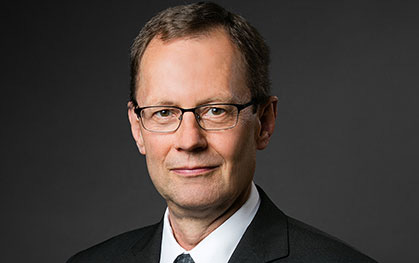
Dear Member:
On Monday, February 8, the Alberta Medical Association (AMA) and Alberta Health participated in a policy forum called “Physicians as Stewards of Resources – Roles, Responsibilities and Remuneration.” The event was hosted by the Institute of Health Economics and the O’Brien Institute of Public Health at the University of Calgary. AMA Executive Director Michael A. Gormley and I both spoke at the event. I would like to share with you some of the things that Mr. Gormley and I said there.
To be a steward is to be responsible for the prudent management of resources belonging to another. In a public health care system, resources are owned by society and dispensed by government.
We usually think that the only thing a doctor should consider in making decisions is the need of the patient to whom he or she is immediately attending. That must always be the primary concern, but we must also remember that, in the choices we make for one patient, there is an element of stewardship for all health resources. Physician decisions drive about 70% (or more) of the costs in the system.
That is why stewardship is one of our professional responsibilities. To be effective as stewards, though, certain conditions must be met. To be trustworthy, a steward must be trusted. To live within his/her means, a steward must have the authority to manage resources assigned to him/her. To manage resources, a steward must have the necessary tools, for example, current information about costs and how one’s choices compare with others across the system. Finally, there must be ongoing dialogue and exchange of information between the payer and the steward; in other words, there must be an effective relationship between society, government and the profession.
Stewardship is embedded in the social contract between society and physicians. Society provides us with autonomy, trust, self-regulation, monopoly, status and rewards. In turn, we provide compassion, availability, accountability, working for the public good and altruistic service. There is an obligatory relationship between society and physicians in this regard.
If either society or physicians vary their terms in the contract, there is an unavoidable and corresponding variance by the other party. The link between these two parties in this contract can be described as professionalism. Click this link to see an illustration of what I mean .
Every time you see a patient, think of it is an opportunity to reshape the health care system. We can do this by positively shifting the social contract equation to improve the relationship – not only with that patient, but also with society in general. Ultimately, this will create both provider happiness and system success. Management changes cannot do this. We can do it only through the individual choices each of us makes, every time we interact with a patient.
For his part at the symposium, Mr. Gormley provided some context for discussion of physician payment. He spoke about the history of hard and soft caps in funding physician services, and the things that have been done to promote efficiency and effectiveness.
Prioritizing projects, resource allocation and relationships are key; neither government nor physicians can be successful alone. To help manage the health care budget as stewards, we will need effective relationships, a shared understanding of priorities, an acceptance of risk and the tools to manage it.
We can and will shift the health care system in Alberta to a more cost-effective, quality-based, patient-centered system that will meet the quadruple aims of:
- Enhanced patient experience
- Improved provider satisfaction
- Better population health
- Decreased costs overall
We have the need, expertise, leadership and the relationships necessary to produce beneficial change. The medical profession has an opportunity to play a leadership role, or to be side-lined. I prefer the former.
I ask you to reflect on the future of our profession as either leaders or followers in the management of our health care system and to let me know what you think.
Please send me your thoughts on stewardship, the profession’s role and the way forward in difficult times.
Email president@albertadoctors.org or leave a comment below.
Kind regards,
Carl W. Nohr, MDCM, PhD, FRCSC, FACS
President
P.S. For more information on the February 8 symposium, here is a link to the conference website. You can view the archived webstream if you wish to listen to any of the sessions.

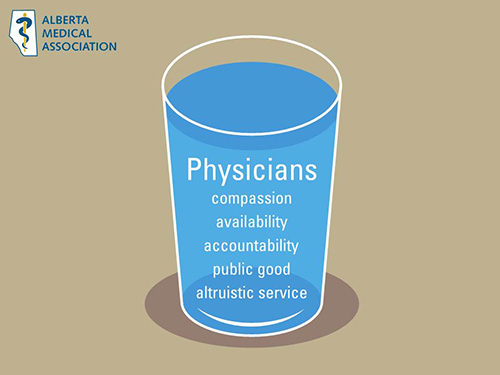
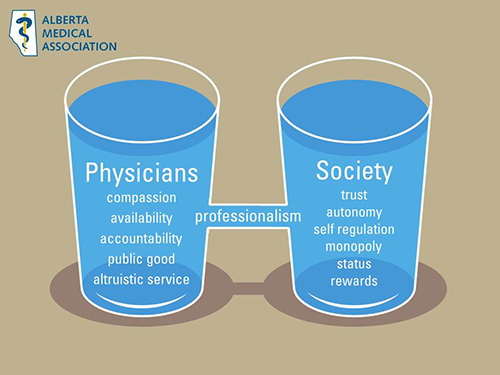
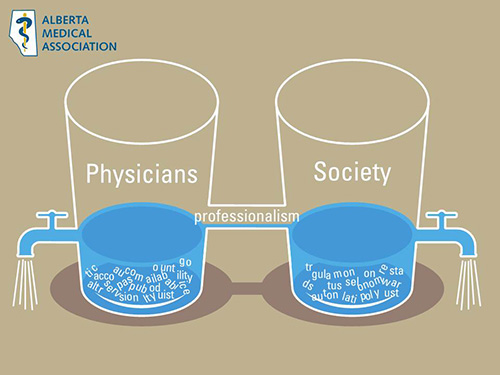
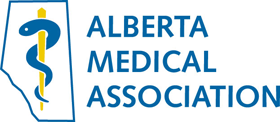
3 comments
Commenting on this page is closed.
James Dickinson
12:00 PM on February 17, 2016
Dear Dr Nohr,
I agree that stewardship is a critical part of what we do: if we give away resources inappropriately to one patients, there is less available for the next one who needs them.
One of the problems is the conspiracy of silence in Canada that makes it extremely difficult to understand how much cost we are imposing on the system, because no-one tells us what the prices are.
Perhaps we need to ask for readily available price information for lab tests, imaging, other tests, and prescribing. For example in prescribing, technically Alberta health does tell us the price of drugs, but it is so hard to get form the website and in such a useless form that we do not use it. The College of family physicians has put out a moderately helpful document, but it does not cover everything. Perhaps we should get a special edition of Rx files for Saskatchewan, with Alberta pricing.
How can the AMA help us to take our responsibility seriously?
T Malcolm Campbell
12:01 PM on February 17, 2016
Just when we thought the glass was more than half full, we find its more than half empty!!
Scott Lang
4:10 PM on February 19, 2016
The model is interesting. I am concerned that it sends the wrong message. It seems to me that one can conclude that unless certain conditions are met physicians will respond with threats that undermine their professional and fiduciary obligations. In my mind that is not an acceptable view. Are physicians really prepared to sacrifice their principles if their preferences are not met? I do not support this model.